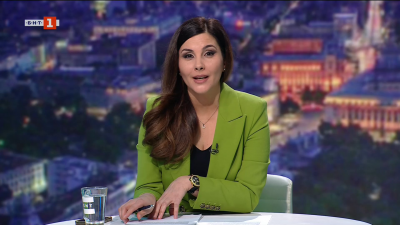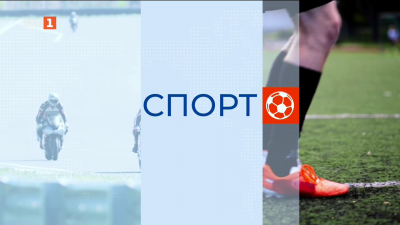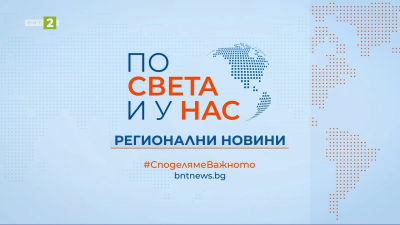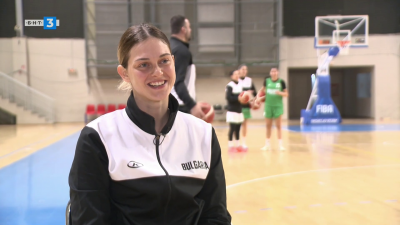Caretaker government woes: Who is politically responsible for the Glavchev cabinet?

Changes of ministers are taking place in the caretaker government, the line-up of which was proposed by the caretaker Prime Minister, confirmed by presidential decree, sworn in before the Parliament, which has the right to control its activities.
All the reshuffles have raised again the question of political responsibility and who bears it. The amendments to the Constitution concerning caretaker cabinets are again in the focus.
Vice President Iliana Iotova on April 16 said that the new texts in the Constitution will produce new crises every time, and President Radev's caretaker cabinets used to bring stability back to the country. According to former Justice Minister, Atanas Slavov, the new formula of appointing a caretaker government is a classic example of shared responsibility. There is no deadline for President Radev to issue a decree on changes in the line-up of the Council of Ministers, explained Natalia Kisselova, Assoc. Prof. of “Constitutional Law” at Sofia University. And she posed the question again: should there be an oath before the Parliament.
Just a week after taking office, two ministerial changes in the caretaker cabinet are underway. On April 15, caretaker Prime Minister Glavchev had asked President Rumen Radev to decree the removal of Stefan Dimitrov as caretaker Foreign Minister and replace him with Daniel Mitov, an MP for Boyko Borissov’s GERB-UDF and former foreign minister in the second Borissov government.
On April 16, caretaker Prime Minister Glavchev had proposed that Kiril Vatev be removed as caretaker Minister of Agriculture and be replaced with Georgi Tahov.
A new government under new rules and a new situation without precedent - a change of foreign minister, for the third time. The post that Ivaylo Tsenov, consul for 15 years in Austria, should have got first. (Tzenov has been nominated as Minister of Foreign Affairs in the caretaker Cabinet of Dimitar Glavchev on April 5.)
"I was guided by this, because you know that this is the only country that is against Bulgaria’s admission to Schengen by land," said Dimitar Glavchev - caretaker PM.
The declared intention before the President was changed. Bulgaria’s ambassador to Montenegro - Stefan Dimitrov was named as foreign minister after Tsenov withdrew.
“He has family commitments, these are entirely family reasons, That's it," announced Dimitar Glavchev.
On the seventh day after the swearing-in of the Glavchev cabinet came the proposal for new replacements. And another assessment of the amendments to the Constitution. The Vice President pointed out: it is not known who bears the responsibility for the government of Dimitar Glavchev.
"I personally expected many crises in this caretaker cabinet, but not so quickly. This is a natural result of the new texts in the Constitution, which will produce new crises every time. Rumen Radev's caretaker cabinets used to bring back stability in the country. If it actually turns out that this is not a caretaker cabinet, that is, not an independent cabinet, but a party cabinet, suspicions will grow. Let's hope that we do not reach the situation in which, for the most recent time in our history after 1989, there will be non-recognition of election results," said Iliana Iotova - Vice President of the Republic of Bulgaria.
Who is responsible for the caretaker cabinet? One of the participants in the process of amending the Constitution, Atanas Slavov, former Justice Minister commented:
"After all, the President is not in a bind. He has the right and the constitutional power to disagree with the proposal made. The new formula of appointing a caretaker government is a classic example of shared responsibility, of shared competence, for this change to take place there must be agreement. If there is no such agreement - no change can be made," said Atanas Slavov, MP from “We Continue the Change – Democratic Bulgaria”.
There is no deadline for President Radev to issue a decree on changes in the line-up of the Council of Ministers, explained Assoc. Prof. Natalia Kisselova.
"This is an issue that is presumably specified in advance before the proposal is announced, so that the president can give his prior consent. It is also possible without the president's consent, but then it could lead to a more serious problem," said Assoc.Prof. Natalia Kisselova- lecturer in constitutional law.
How is this possible?
"If the prime minister is replaced. But this would mean we are entering a procedure of re-casting for prime minister. I think the president has been informed," she added.
Changes in the caretaker government: What are the reasons and the political reactions?
Get the latest news wherever you are!
Follow us on
Facebook
and
Instagram
Follow BNT’s YouTube channel
You can now also watch us on
TikTok
Find us on
Google News























